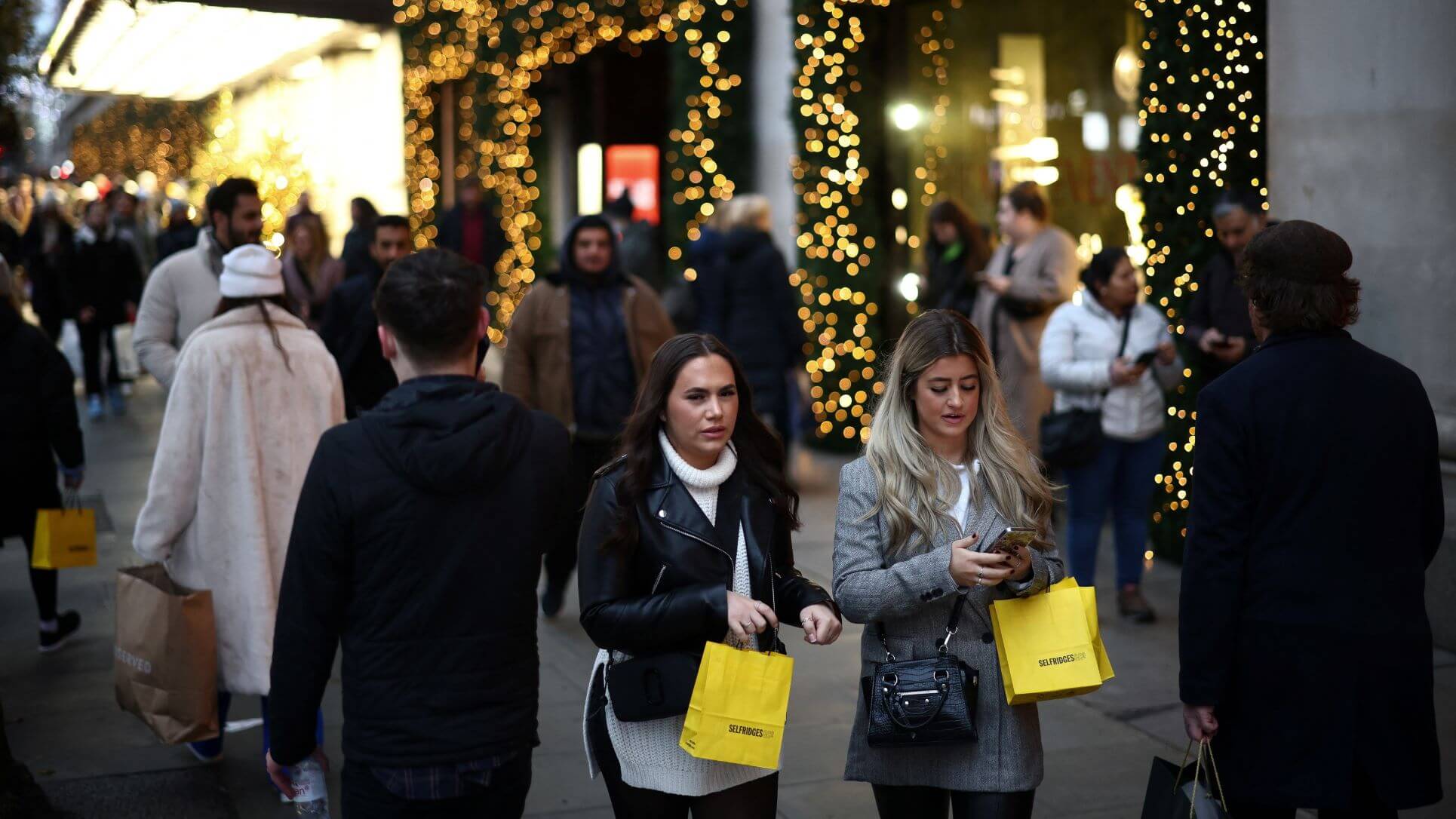The Office for National Statistics said Consumer Prices Index inflation decreased to 0.3% in November, from 0.7% in October.
UK Inflation Slows On Back Of Cheaper Clothing And Food
The Office for National Statistics said Consumer Prices Index inflation decreased to 0.3% in November, from 0.7% in October.

UK inflation slowed down in November as clothing and food prices shrank amid tightened coronavirus restrictions.
The Office for National Statistics (ONS) said Consumer Prices Index (CPI) inflation decreased to 0.3% for the month, from 0.7% in October.
It was below the expectations of analysts, who had predicted that inflation would only dip to 0.6%.
ONS deputy national statistician for economic statistics Jonathan Athow said: “With significant restrictions in place across the UK, inflation slowed, predominantly due to clothing and food prices.
“Also, after several months of buoyant growth, second-hand car prices fell back a little.”
Commenting on today’s figures, Deputy National Statistician for Economic Statistics @jathers_ONS said: (1/1) pic.twitter.com/RBKRLOaVSp
— Office for National Statistics (ONS) (@ONS) December 16, 2020
The ONS said sliding clothing and footwear costs made the largest contribution to lower inflation, as shoppers saw prices which were 3.6% lower than in the same month last year.
It said this was driven by increased discounting as retailers sought to drive online sales ahead of Christmas while stores remained shut in England due to the second national lockdown.
The ONS also highlighted speculation that Black Friday sales were spread further across the month than in previous years.
Meanwhile, food and non-alcoholic drinks fell by 0.6% in the year to November as vegetables and confectionery prices moved lower.
Motor fuels also caused downward pressure on inflation, as fuel prices sank in November amid a continued fall in demand as the pandemic weighed on travel.
Restaurant and hotels were one of the few areas to have a positive contribution to inflation as prices were increased as the pandemic continued to weigh on business costs and hamper trading.
The Retail Price Index (RPI), a separate measure of inflation, was 0.9% in November, falling from 1.3% in the previous month.
Meanwhile, the CPI, including owner-occupiers’ housing costs (CPIH) – the ONS’s preferred measure of inflation – was 0.6% last month, down from 0.9% in October.
Jon Hudson, UK equity manager at Premier Miton Investors, said: “November’s restrictions unsurprisingly led to the inflation rate falling and it remains well below the 2% target.
“Looking forward, there are signs of inflationary pressures building, such as rising global commodity prices, but there is currently too much slack in the UK economy for it to become an issue.
“If a trade deal can be agreed with the EU and the pound rises as a result, it will make importing goods and services into the UK cheaper, further dampening near-term prospects of inflation.”
Thanks for signing up to Minutehack alerts.
Brilliant editorials heading your way soon.
Okay, Thanks!

